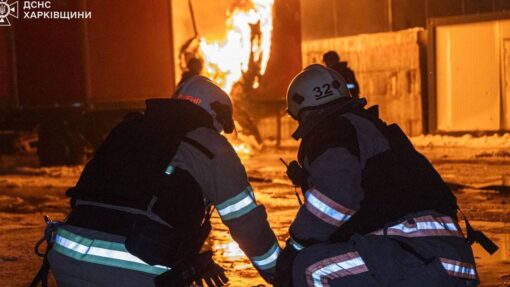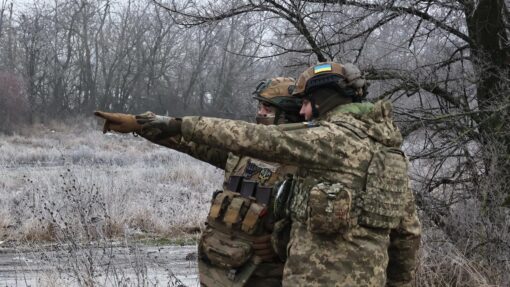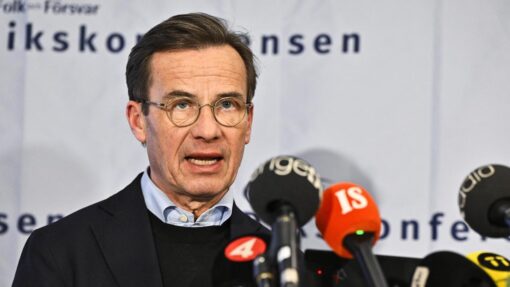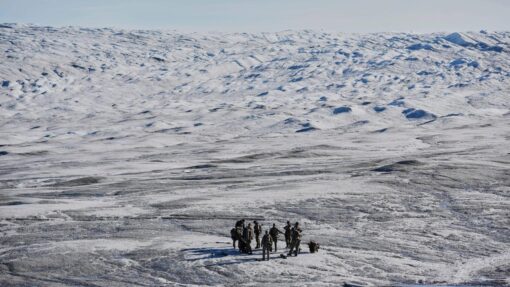Albanese to shed light on regional security at NATO
Paul Osborne |
Anthony Albanese is aiming to meet with Ukrainian president Volodomyr Zelenskiy on the final day of the NATO summit, where attention is also expected to turn to China’s ambitions.
The prime minister is in the Lithuanian capital Vilnius as part of a group of four Indo-Pacific nations sharing their concerns with European and other NATO partners about the global impact of Russia’s invasion of Ukraine.
NATO members invited Australia, New Zealand, Japan and South Korea to provide insight into broader security challenges such as China’s military expansion.
“What we’ve come to say is that our nations based in the Indo-Pacific believe in the rule of law, that we support national sovereignty, that we support multilateral forums,” Mr Albanese told reporters.
“What happens in one part of the world has an impact in our part of the world and our presence here is a reflection of that.”
Mr Albanese met with NATO secretary-general Jens Stoltenberg, who later told reporters China “is not our adversary”.
“We should continue to engage,” Mr Stoltenberg said.
However, he added Beijing’s “increasing assertiveness” affected security and challenged the rules-based global order.
Chinese authorities said in a statement the nation opposed NATO’s “eastward movement into the Asia-Pacific region”.
“Any act that jeopardises China’s legitimate rights and interests will be met with a resolute response,” they said.
Ukraine is seeking to join NATO but has been given no timeline for its admission to the alliance.
However, NATO leaders have agreed on a long-term support package, deeper political ties and further working with Ukraine on its accession which is not expected to occur until the war is over.
Mr Albanese said Australia would be engaged in supporting the people of Ukraine “for as long as is necessary”.
He spoke to French President Emmanuel Macron on the summit’s sidelines on Tuesday, describing him as a strong advocate for an “open, prosperous and free” Europe.
Mr Albanese said he offered the French president an invitation to visit Australia.
The prime minister also met UK counterpart Rishi Sunak, discussing progress on the AUKUS pact, the free trade agreement and cricket.
He spoke with a bipartisan delegation of US senators who will play a role in passing laws to enable the transfer of Virginia class nuclear-powered submarines to Australia.
Talks with Portuguese leader Antonio Costa focused on trade and working more closely to support the development and security of East Timor.
Mr Albanese and Danish Prime Minister Mette Frederiksen signed a strategic partnership agreement covering green energy and security issues.
On Wednesday, he is scheduled to speak at a NATO session and meet with European Commission president Ursula von der Leyen, as well as Lithuanian president Gitanas Nauseda.
AAP


